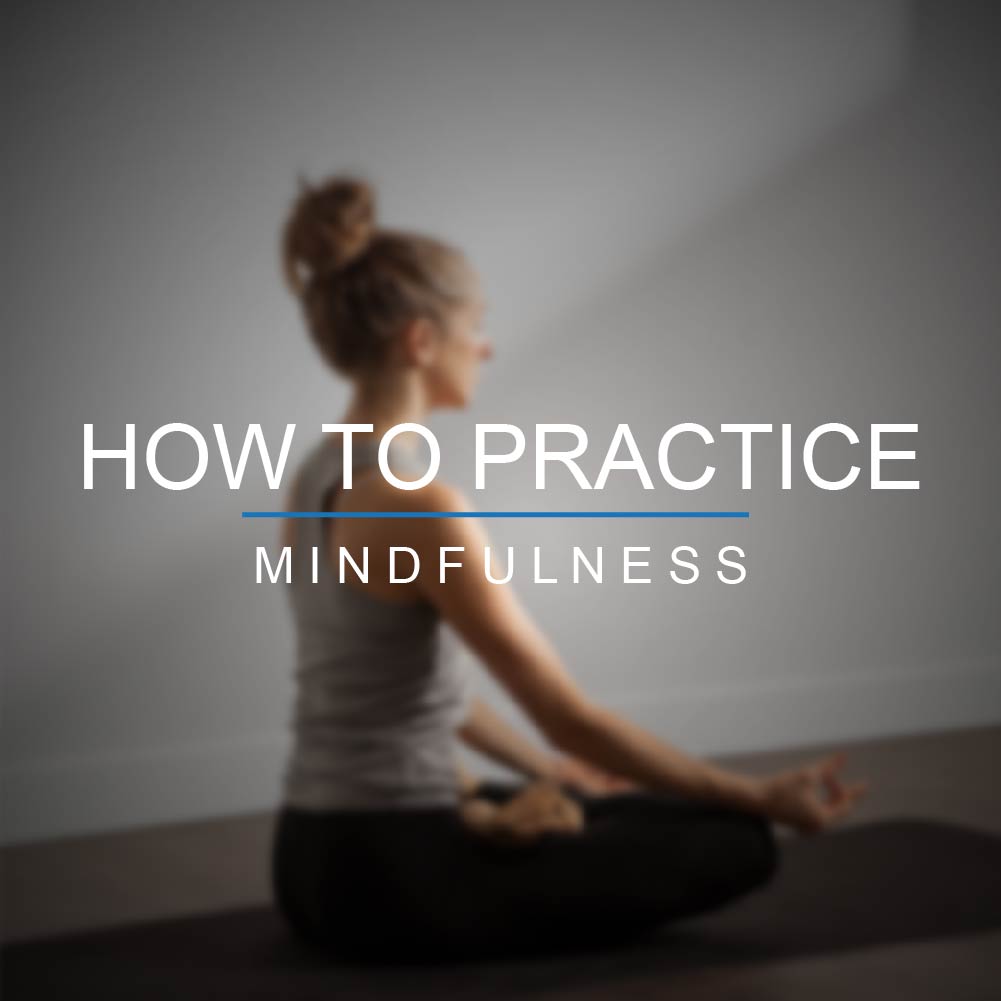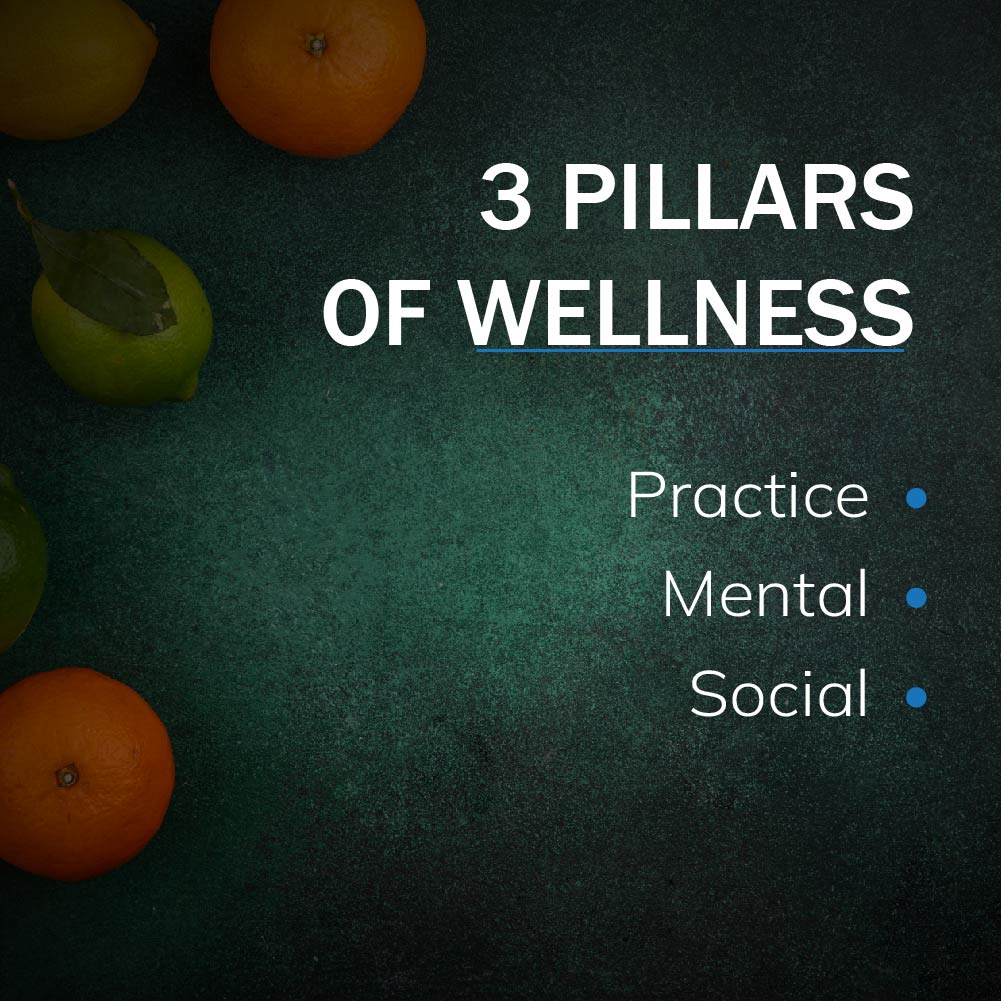In our fast-paced and hectic world, finding tranquility and inner peace moments can be quite challenging. However, amidst all the chaos, “Mindfulness Meditation” has emerged as a powerful tool to navigate the complexities of modern life. Originating from ancient contemplative practices, mindfulness meditation has gained widespread popularity in recent years, thanks to its remarkable benefits for the mind, body, and spirit. In this exploration, we will delve into the transformative power of mindfulness meditation and discover the countless ways that it can enhance our overall well-being.
Mindfulness Meditation
Meditation can be defined in many ways. But a simple way to think of it is training your attention to achieve a mental state of calm concentration and positive emotions.
Mindfulness meditation is a powerful practice that involves cultivating awareness of the present moment without any judgment. It has its roots in ancient traditions such as Buddhism and is highly effective in encouraging individuals to observe their thoughts and feelings objectively. This fosters a non-reactive and accepting mindset that can lead to significant personal growth. Mindfulness involves focusing on the breath, bodily sensations, or a chosen point of attention to redirect the mind from distractions and promote a state of heightened awareness. Overall, mindfulness meditation is a critical tool that can help individuals develop a greater sense of mental clarity, emotional stability, and overall well-being.

Mindfulness is one of the most popular meditation techniques. The concept of mindfulness involves two key pieces – attention and acceptance. Attention refers to the practice of tuning into your experiences and focusing on what’s happening in the present moment. This includes directing your awareness to your breath, thoughts, physical sensations, and feelings. Acceptance involves observing those sensations and feelings without judgment or reaction. Instead, you aim to note them and let them pass.
Mindfulness-based therapies and classes provide the tools to put these concepts into practice. These programs may include breathing exercises, yoga, and guided lessons that help you become aware of your body sensations, thoughts, and feelings.
There are two main types of mindfulness interventions that have been researched extensively.
- The first is mindfulness-based stress reduction (MBSR), which involves weekly group classes and daily mindfulness exercises over an 8-week period. MBSR teaches people how to increase mindfulness through yoga and meditation.
- The second is mindfulness-based cognitive therapy (MBCT), which combines elements of MBSR and cognitive behavioral therapy (CBT) to treat depression.
By incorporating mindfulness meditation into your daily routine, even for just a few minutes, you can unlock a wealth of benefits that will help you live a more balanced and fulfilling life. Whether you choose to practice through formal meditation sessions or by being mindful in your daily activities, the positive effects of mindfulness will gradually manifest and enrich your life in countless ways.

How to Practice Mindfulness Meditation
Learning mindfulness meditation can be done on your own, but it’s recommended to have a teacher or program to guide you, especially if you’re practicing for specific health reasons. Below are some simple steps to help you get started on your own:
- Find a Comfortable Place:
Find a quiet and comfortable place to sit, whether it’s on a chair or on the floor. Keep your head, neck, and back straight but not stiff. It’s also helpful to wear comfortable and loose clothing so that you won’t be distracted. - Consider Using a Timer:
Although not necessary, a timer (preferably with a soft, gentle alarm) can help you stay focused on meditation and forget about time. It can also ensure that you’re not meditating for too long. Allow yourself time after meditation to become aware of your surroundings and gradually get up. - Start with Short Sessions:
Begin with a short meditation session of 5 minutes and gradually increase your sessions by 10 or 15 minutes until you can meditate comfortably for 30 minutes at a time. Even a few minutes of meditation every day can make a difference. - Focus on Your Breathing:
Be mindful of your breath and feel the air moving in and out of your body as you breathe. Pay attention to the temperature change as you inhale and exhale. Observe your belly rise and fall as you breathe in and out through your nostrils. - Notice Your Thoughts:
The goal is not to stop your thoughts but to become comfortable being the “witness” to them. When thoughts arise, don’t ignore or suppress them. Instead, simply note them, remain calm, and use your breathing as an anchor. Imagine your thoughts as clouds passing by and watch them float by as they shift and change. - Give Yourself a Break:
If you find yourself getting carried away in your thoughts, observe where your mind went, without judgment, and just return to your breathing. Don’t be hard on yourself if this happens; refocusing on the present is the practice of mindfulness. - Download a Meditation App:
If you find it difficult to practice mindfulness meditation on your own, consider downloading a meditation app like Calm or Headspace. These apps provide free meditations and teach you various tools to help you stay centered throughout the day.

The Profound Impact on Mental Well-being
- Stress Reduction:
Mindfulness meditation is renowned for its stress-reducing effects. Through regular practice, individuals develop an increased capacity to respond to stressors with equanimity. The practice encourages shifting from the fight-or-flight response to a more measured and composed approach, ultimately lowering overall stress levels. - Anxiety Management:
Studies have shown that mindfulness meditation can be a potent tool in managing anxiety. By cultivating mindfulness, individuals become better equipped to observe anxious thoughts without being consumed by them. The practice facilitates a sense of detachment, empowering individuals to approach anxiety with a calmer mindset. - Enhanced Emotional Regulation:
Mindfulness meditation fosters emotional intelligence by promoting awareness of emotions as they arise. This heightened awareness provides individuals with the space to respond thoughtfully to emotions rather than reacting impulsively. As a result, emotional regulation improves, leading to healthier relationships and increased overall well-being. - Improved Focus and Concentration:
In a world filled with distractions, cultivating focus is a valuable skill. Mindfulness meditation trains the mind to anchor its attention to the present moment, enhancing concentration. Research suggests that regular mindfulness practice can lead to structural changes in the brain associated with improved attention and cognitive function.
Physical Well-being Benefits
- Pain Management:
Mindfulness meditation has demonstrated efficacy in alleviating chronic pain. By cultivating a non-judgmental awareness of physical sensations, individuals can change their relationship with pain, reducing the emotional and psychological impact of chronic conditions. - Enhanced Sleep Quality:
Sleep disorders are prevalent in today’s society, often exacerbated by stress and anxiety. Mindfulness meditation promotes relaxation and a sense of calm, making it a valuable tool for improving sleep quality. By quieting the mind, individuals can create a conducive environment for restful sleep. - Immune System Support:
There is emerging evidence suggesting that mindfulness meditation may have positive effects on the immune system. The practice’s stress-reducing benefits contribute to overall immune system health, potentially reducing susceptibility to illness and promoting faster recovery.

Spiritual and Personal Growth
- Increased Self-Awareness:
Mindfulness meditation encourages self-reflection and self-awareness. By observing thoughts and emotions without attachment, individuals gain insights into their habitual patterns of thinking and reacting. This heightened self-awareness is a crucial step toward personal growth and positive change. - Cultivation of Compassion:
As individuals become more attuned to their own experiences through mindfulness, they often develop a greater sense of compassion for themselves and others. Mindfulness meditation fosters empathy and understanding, promoting a more compassionate and interconnected worldview. - Enhanced Resilience:
The ability to bounce back from life’s challenges is a hallmark of resilience. Mindfulness meditation, by promoting a non-judgmental acceptance of the present moment, equips individuals with the mental tools needed to navigate adversity with greater resilience and grace.

To conclude, practicing mindfulness meditation yields extensive and influential benefits that impact every aspect of our being. From mitigating stress and enhancing mental well-being to improving physical health and promoting personal growth, this transformative discipline has the potential to bring about significant positive changes in our lives. As we navigate the complexities of modern society, the ancient wisdom of mindfulness meditation serves as a guiding light, leading us towards a more mindful, compassionate, and fulfilling existence.
